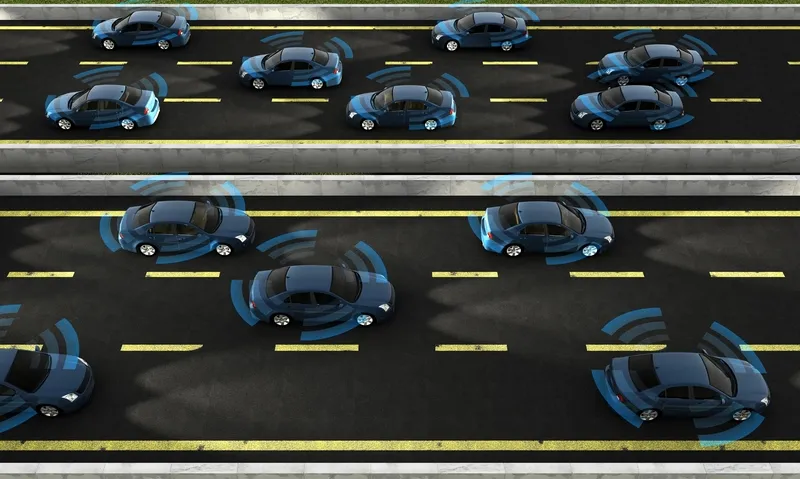US Transportation Secretary Anthony Foxx has announced that US$500 million will be made available for transportation projects across the country under an eighth round of the highly successful Transportation Investment Generating Economic Recovery (TIGER) competitive grant program.
The 2016 TIGER discretionary grants will fund capital investments in surface transportation infrastructure and will be awarded on a competitive basis for projects that will have a significant impact on the nation, a metropoli
February 24, 2016
Read time: 2 mins
US Transportation Secretary Anthony Foxx has announced that US$500 million will be made available for transportation projects across the country under an eighth round of the highly successful Transportation Investment Generating Economic Recovery (TIGER) competitive grant program.
The 2016 TIGER discretionary grants will fund capital investments in surface transportation infrastructure and will be awarded on a competitive basis for projects that will have a significant impact on the nation, a metropolitan area, or a region.
The grant program will focus on capital projects that generate economic development and improve access to reliable, safe and affordable transportation for communities, both urban and rural.
“The TIGER program funds vital transportation projects that provide real benefits to communities all across the country. Every year, we see hundreds of compelling applications that have the potential to improve people's access to economic opportunities, make people safer, and improve their well-being.” said Secretary Foxx. “I am proud that for seven rounds, TIGER has been able to make a valuable contribution to improving our nation’s transportation infrastructure, and I look forward to this year’s competition.”
Since 2009, TIGER has provided nearly $4.6 billion to 381 projects in all 50 states, the District of Columbia and Puerto Rico, including 134 projects to support rural and tribal communities. The highly competitive TIGER grant program supports innovative projects, including multi-modal and multi-jurisdictional projects, which are difficult to fund through traditional federal programs. These federal funds leverage money from private sector partners, states, local governments, metropolitan planning organizations, ports, and transit agencies.
The 2016 TIGER discretionary grants will fund capital investments in surface transportation infrastructure and will be awarded on a competitive basis for projects that will have a significant impact on the nation, a metropolitan area, or a region.
The grant program will focus on capital projects that generate economic development and improve access to reliable, safe and affordable transportation for communities, both urban and rural.
“The TIGER program funds vital transportation projects that provide real benefits to communities all across the country. Every year, we see hundreds of compelling applications that have the potential to improve people's access to economic opportunities, make people safer, and improve their well-being.” said Secretary Foxx. “I am proud that for seven rounds, TIGER has been able to make a valuable contribution to improving our nation’s transportation infrastructure, and I look forward to this year’s competition.”
Since 2009, TIGER has provided nearly $4.6 billion to 381 projects in all 50 states, the District of Columbia and Puerto Rico, including 134 projects to support rural and tribal communities. The highly competitive TIGER grant program supports innovative projects, including multi-modal and multi-jurisdictional projects, which are difficult to fund through traditional federal programs. These federal funds leverage money from private sector partners, states, local governments, metropolitan planning organizations, ports, and transit agencies.








